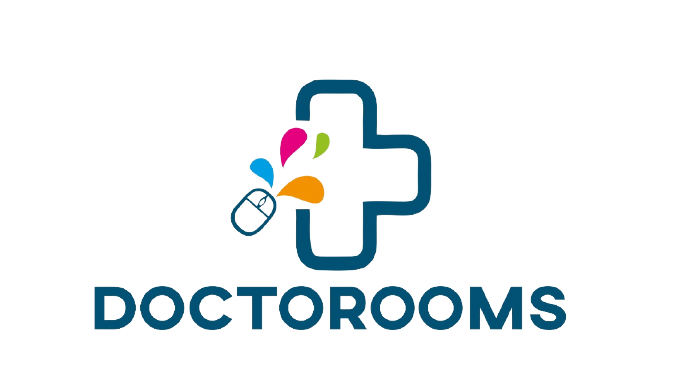Potential Downsides

A well-rounded vegetarian diet can be healthy and nutritious.
However, it may also increase your risk of certain nutritional deficiencies.
Meat, poultry and fish supply a good amount of protein and omega-3 fatty acids, as well as micronutrients like zinc, selenium, iron and vitamin B12 (20Trusted Source).
Other animal products like dairy and eggs also contain plenty of calcium, vitamin D and B vitamins (21Trusted Source, 22Trusted Source).
When cutting meat or other animal products from your diet, it’s important to ensure you’re getting these essential nutrients from other sources.
Studies show that vegetarians are at a higher risk of protein, calcium, iron, iodine and vitamin B12 deficiencies (23Trusted Source, 24Trusted Source, 25Trusted Source, 26Trusted Source).
A nutritional deficiency in these key micronutrients can lead to symptoms like fatigue, weakness, anemia, bone loss and thyroid issues (27Trusted Source, 28Trusted Source, 29Trusted Source, 30Trusted Source).
Including a variety of fruits, vegetables, whole grains, protein sources and fortified foods is an easy way to ensure you’re getting appropriate nutrition.
Multivitamins and supplements are another option to quickly bump up your intake and compensate for potential deficiencies.
SUMMARYCutting out meat and animal-based products can increase your risk of nutritional deficiencies. A well-balanced diet — possibly alongside supplements — can help prevent deficiencies.
| Latest posts | |
|---|---|
|
|
sad...
|
|
|
With coronavirus threatening to run...
|
|
|
What to include in the balanced...
|
|
|
Welcome for happy new year
...
|
|
|
Whole Eggs. Once feared for being h...
|
